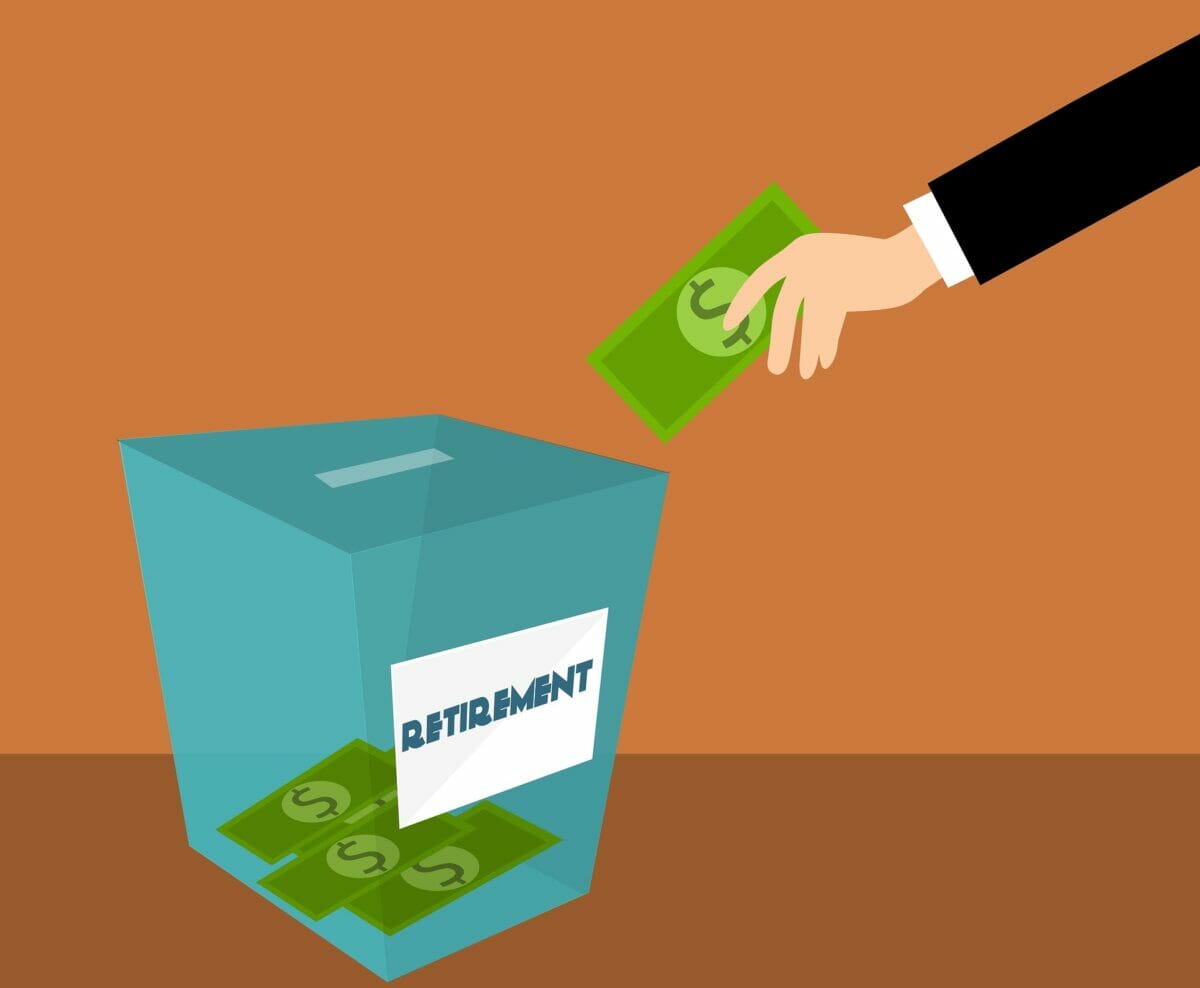Commenting on new estimates by the Pensions and Lifetime Savings Association (PLSA) released today of the annual income needed to fund a minimum / moderate / comfortable retirement, have made for stark reading.
In reaction to the detail released by the PLSA today, Steve Webb, partner at consultants LCP and former pensions minister said:
“These latest estimates of the budgets we will need in retirement are a wake-up call to government and the pensions industry alike. Despite a significant increase in the state pension last April, the state pension rate is actually further away from providing a decent minimum standard of living now than it was a year ago. Meanwhile the cost of a moderate lifestyle in retirement has surged by nearly one third. Yet at the same time the government is still dithering about whether and when to implement a set of modest increases to the amount being saved into pensions under the automatic enrolment rules. Without urgent action we are likely to see more and more people facing an unenviable choice between an extended working life or a poor retirement”.
Also responding to the PLSA updated cost of a Minimum Retirement Living Standard, Sarah Pennells, Consumer Finance Specialist at Royal London, said:
“This update from the PLSA reflects sentiment we’re seeing in our own research into pensions, savings, and the Cost of Living. Our insights show that people think they’ll need £1,279 a month to live on in retirement, which works out at £15,348 a year – only £1,000 more than the £14,400 that the Retirement Living Standards suggest would pay for a minimum standard of living.
“The reality of living on this kind of income – potentially for 20 or more years – is very few treats, such as nights out, or holidays, and for some having to watch every penny. That’s unlikely to be the kind of existence most people would like as a reward for a lifetime of working.
“But there’s bad news for those who want to be able to spend a bit more on things like food and drink and taking a holiday abroad. For a moderate standard of living, as defined by the Retirement Living Standards, there’s an £8,000 a year increase in how much income someone would need every year. Saving enough to generate an extra £8,000 a year will be difficult for many, and impossible for those closer to retirement.
“Importantly, our research also shows that three in ten people expect to be paying either rent or mortgage when they retire, but the Retirement Living Standards don’t take housing costs into account. So, someone who has a mortgage or rent to pay could need several thousand pounds more a year in order to pay everyday bills.
“The cost of living crisis has, understandably, put a focus on people struggling to pay day-to-day bills, but the challenge of having enough to live on in retirement hasn’t gone away. In fact, it’s just got bigger.”
Tom Selby, director of public policy at AJ Bell, comments:
“It was inevitable the surge in inflation we have seen over the last two years would filter through to Brits’ living standards in retirement, but these figures are nonetheless eyewatering. A ‘moderate’ standard of living in retirement now costs a single person £8,000 more than it did in 2022/23, according to the PLSA, with this increase driven in part by higher food, energy and motoring costs.
“It is not just the inflation pressures on retirees that have driven this rise, however, with an extra £1,000 a year added to the costs of people in this group to help out family members struggling due to the cost-of-living crisis.
“While the costs of a moderate living standard have increased by the most, attaining both a ‘minimum’ and ‘comfortable’ standard of living in retirement has also become significantly harder, with inflation again the prime culprit.
“These figures bring into sharp relief the challenge surging living costs pose to those planning for a lifestyle in retirement beyond the very minimum. The demise of gold-plated defined benefit (DB) pensions in the private sector means the onus is on individuals to take responsibility for their financial futures.“
And in their response to the PLSA’s updated Retirement Living Standards, Phil Brown, director of policy at People’s Partnership, provider of The People’s Pension, said: “The vast majority of workers have been impacted by the rising cost of living, meaning many might not be going to get the retirement they had hoped for.
“It’s worth remembering that because of automatic enrolment, more people than ever before are saving into a pension, although we do know that 4 in 10 aren’t saving enough. It’s important that a broad consensus is reached about how we can tackle the issue of undersaving.”
Pete Glancy, Head of Pensions Policy at Scottish Widows, said: “When looking at the updated figures from the PLSA, it’s important to understand how they affect people saving for retirement. Securing a guaranteed annual income of £23,300 for life would require a pension pot of about £500,000. However, securing an income of £31,300 requires a pension pot of over £750,000.
“The overall change in the forecast is largely due to an increase in people’s outgoings, including general cost of living pressures, the rise in the number of people carrying mortgages into or renting in retirement, and for those it’s the increased cost of renting due to the national shortage of housing.
“This highlights the urgency for the Government to establish a Retirement Commission, to look at all of the aspects of retirement planning in the round.”

















